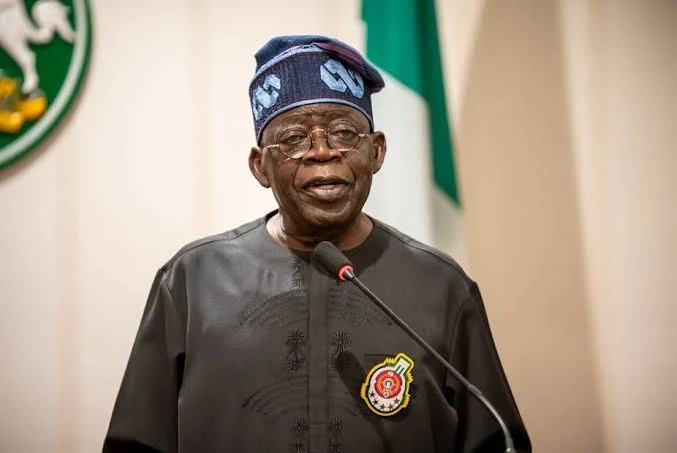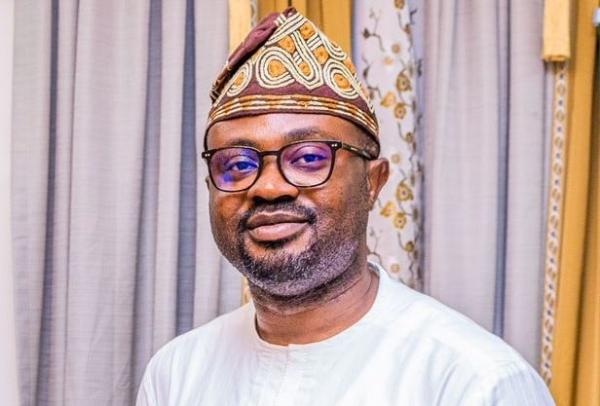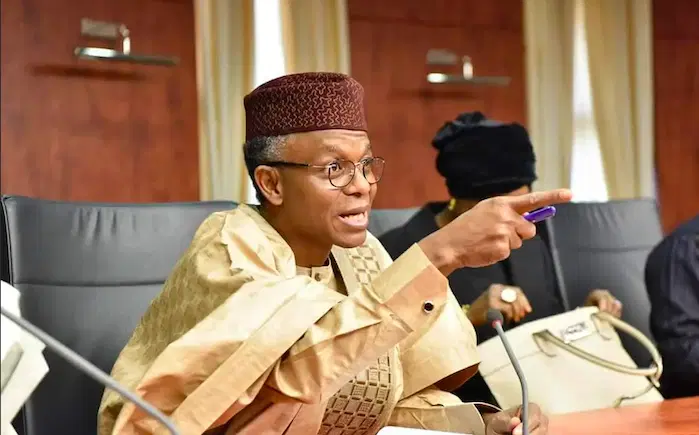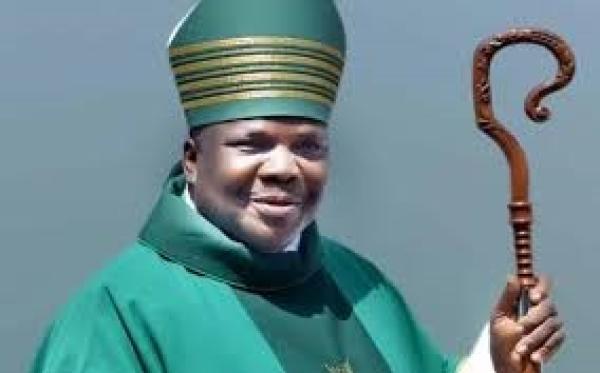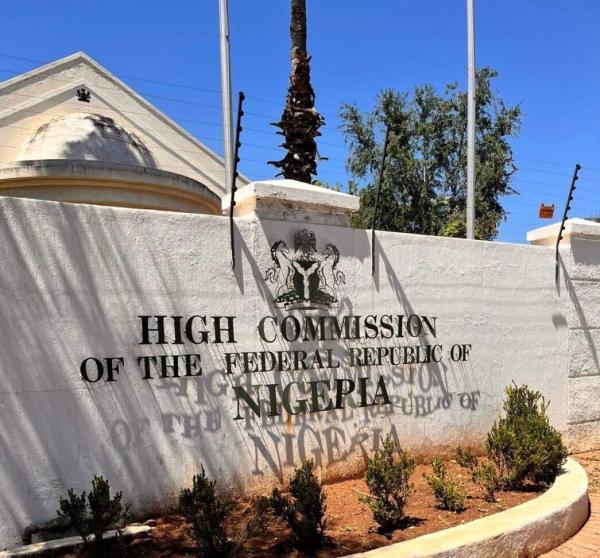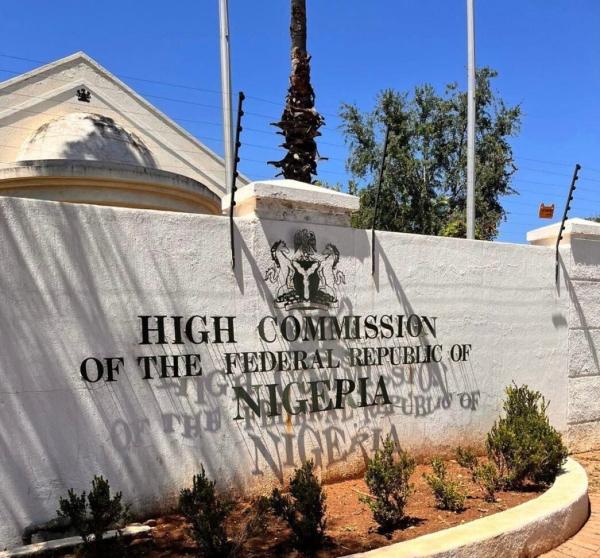
Regulation of the power sector has come under the limelight with conclusion of PHCN assets sale to private investors.
Ayodele Oni, an Energy law and policy expert and Senior Associate in top law firm of Banwo & Ighodalo, enumerating the requirements critical to the success of the electricity market, now under the private sector said there is need for well equipped regulator that would uninterruptedly cooperate with gas and adequate staffing for the maintenance required.
He maintained that the above highlight should be the focus as the country’s electricity sector has become fully deregulated from August 21, 2013, and electricity deliveries consequently have been opened to competition.
He purported that Nigeria has become of the latest emerging market economy to undertake this step, noting that the long era of government control has left the sector very vulnerable.
The Managing Director, Oando Gas and Power, Bola Osunsanya in his opinion emphasized the need for high level of regulation to follow the development, suggesting the further strengthening of the regulatory authority to avoid their being docile to the operators, stressing that regulator must also be on top of situations so that no operator is allowed to short-change the Nigerian public.
He pressed further that even with the assumed feeling that the era of better efficiency and responsiveness has arrived, experiences across sectors of the economy have shown that the new dawn of electricity supply that Nigerians have yearned for, over decades, will only come if the new generating and distribution companies (Gencos and discos) are properly regulated and a balance strike between their activities and consumers’ interests.
Muda Muda Yusuf, Director-General,Lagos Chamber of Commerce and Industry, opined that the regulator should be professional enough to protect the interests of the consumers which are prone to exploitation in the industry, and as well be able to ensure investors derive enough benefits.
According to him, regulation is the business of government, but what is important is to ensure that the regulatory agency is made up of professionals and they should have the power and autonomy to operate professionally. The political leadership needs to give them the space to operate very well, he added.
Diran Fawibe, Chairman, CEO, International Energy Services Limited, said that already there is Nigerian Electricity Regulatory Commission (NERC), which is responsible for overseeing the rules and regulations in the sector, advocating that Government should not interfere in the implementation of the set rules and regulations.
He disclosed that the issue of government intervention always pose problem in developing countries where many institutions are not strong, suggesting that government should only come in when things are going wrong and the intervention should be done by the minister of power.












